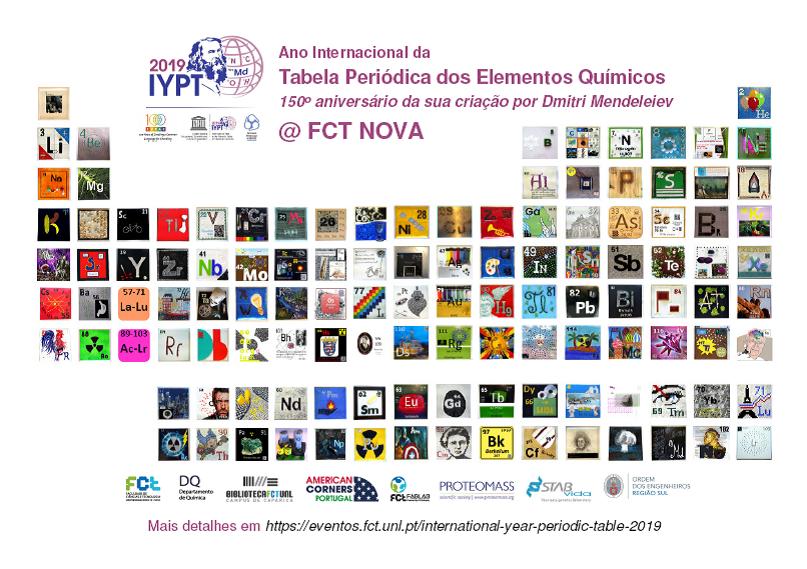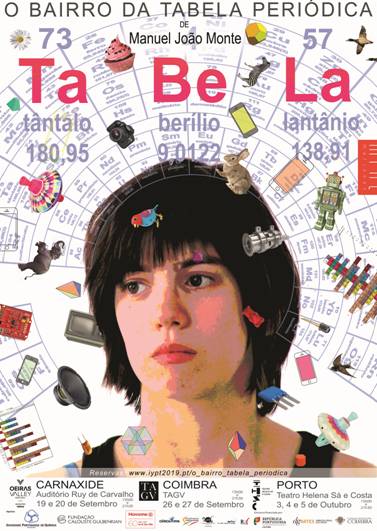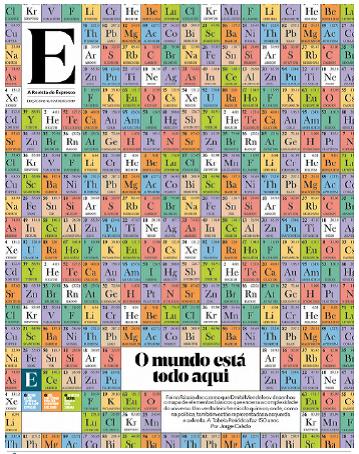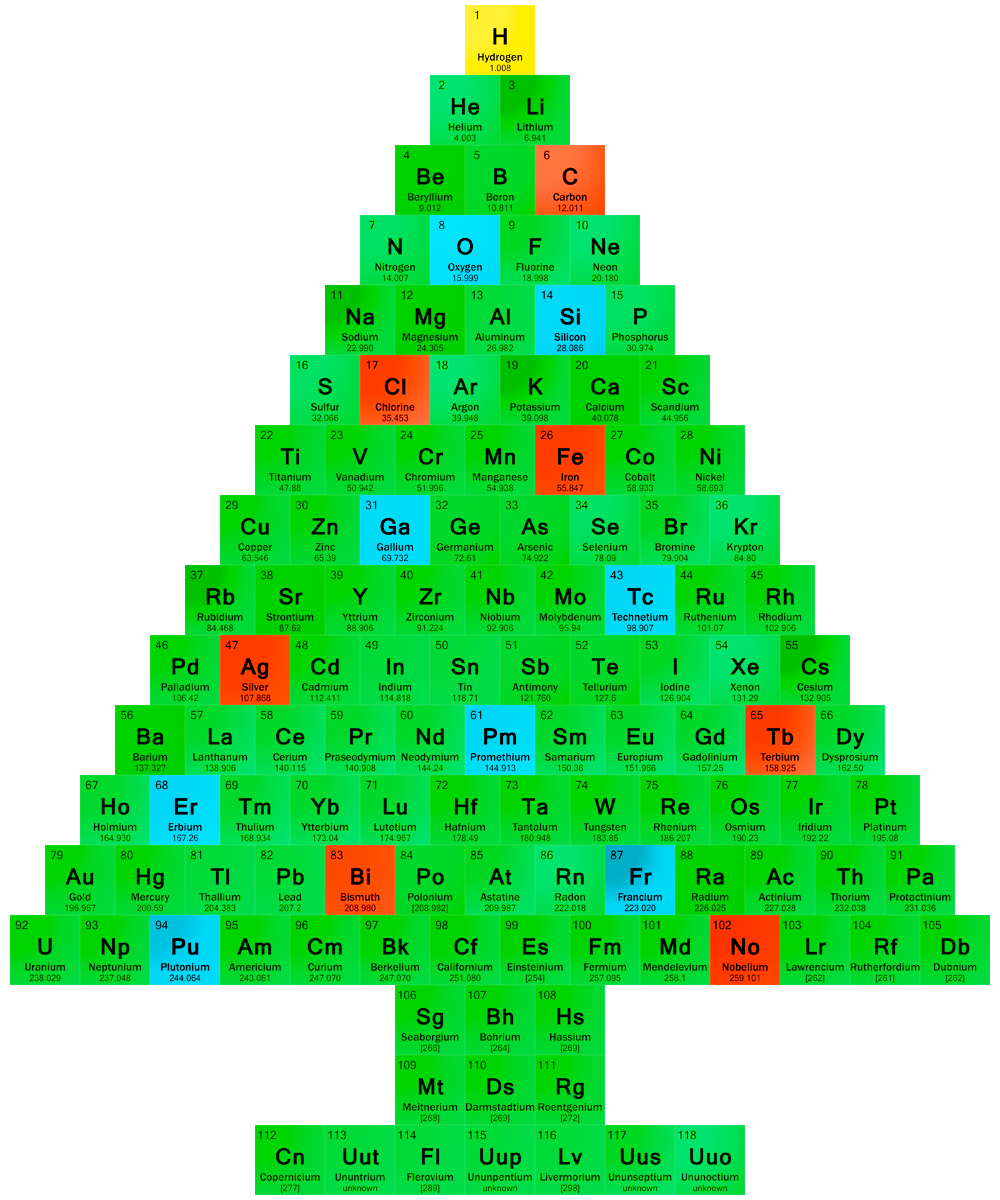The Periodic Table - Books and articles
Articles on The Periodic Table
"O “pesadelo” de Dmitri Mendeleev"
por Raquel Gonçalves-Maia (2019)
Química (2019) 153:124
"Where Mendeleev was wrong: predicted elements that have never been found"
by Gábor Lente (2019)
ChemTexts (2019) 5:17
https://doi.org/10.1007/s40828-019-0092-5
"The short form of Mendeleev’s Periodic Table of Chemical Elements"
by Alexander A. Andriiko and Hans‑Joachim Lunk (2018)
ChemTexts (2018) 4:4
https://doi.org/10.1007/s40828-018-0059-y
Books on The Periodic Table
" 150 Years of Periodic Tables at the University of Barcelona (2019)"
Santiago Alvarez (speaker invited for the "Elemental Talks about the Periodic Table" - details here) edited this book with Claudi Mans (text in Catalan, Spanish and English).
"The Periodic Table" by Primo Levi (1975)
On 19 October 2006, the Royal Institution of Great Britain named "The Periodic Table" by Primo Levi, the best science book ever. After taking nominations from many scientists in various disciplines, authors, and other notable people, the Royal Institution compiled a shortlist of books for consideration. This shortlist was presented to the public at an event held at Imperial College and the audience voted to determine which book was "the best".
The Shortlist
The Periodic Table (1975) by Primo Levi
King Solomon's Ring (1949) by Konrad Lorenz
Arcadia (1993) by Tom Stoppard
The Selfish Gene (1976) by Richard Dawkins
Other Nominees
The Double Helix by James Watson
The Life of Galileo by Bertolt Brecht
Pluto's Republic by Peter Medawar
The Voyage of the Beagle by Charles Darwin
The Blank Slate by Steven Pinker.
Primo Levi was an Italian chemist born in 1919. During World War II, Jews, including Primo Levi, suffered racial discrimination. In 1943, the Allies invaded Italy, the fascist government of Mussolini was defeated and Italy began to fight against the Germans until the end of the War. Primo Levi joined a resistance group to fight the Germans still occupying northern Italy. Yet, his group was betrayed by a spy and Levi was arrested and sent to the Auschwitz concentration camp in Germany. His survival in the concentration camp was largely due to his knowledge in chemistry, since he was assigned to work at IG Farben in the rubber synthesis. Primo Levi's life experiences are part of his book "Il Sistema Periodico" ("The Periodic Table", in Italian), where the elements are presented in separate chapters, in different ways, with metaphors, meditations, poetry and even using fictional narrative as in the elements lead, mercury and carbon.
"The Periodic Table of Science Fiction" by Michael Swanwick (2005)
"The Periodic Table of Science Fiction" is a collection of 118 very short stories. Each story is named after an element in the periodic table, including the then-undiscovered element 117. The stories were commissioned to run on Eileen Gunn's The Infinite Matrix but were published in the Sci Fiction section of SciFi.com, between 2001 and 2003. The stories were published as they were written, about which Swanwick said, "It made the sequence into a kind of performance art, something akin to being a trapeze artist, which is a possibility not normally open to a writer". The theme of each story in the collection is inspired by the element it is named after. The book also includes an afterword by the author, and a foreword by Theodore Gray who was awarded the IgNobel Prize for Chemistry in 2002.
Back to The Periodic Table






